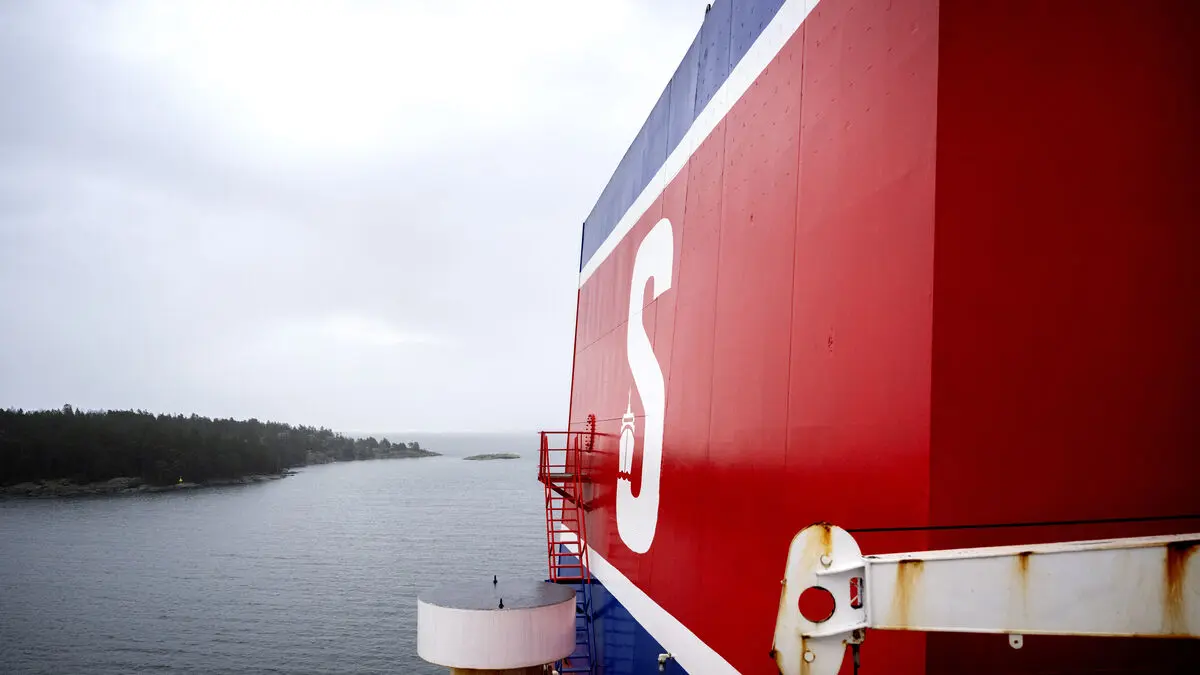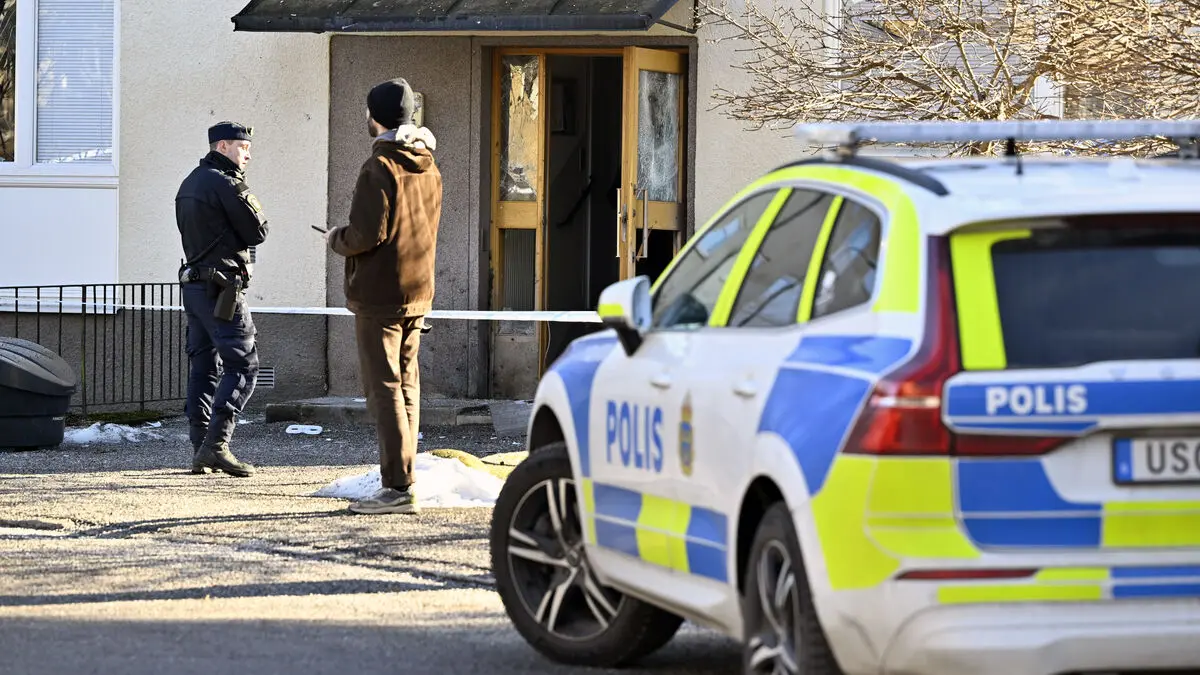Three of the four who were prosecuted for economic crimes: Vancor, co-founder Thomas Nilsson and a 41-year-old waste broker, were sentenced in June to prison for involvement in the environmental scandal surrounding Think Pink.
The only one who was acquitted in the historically large environmental crime case was TV profile Leif-Ivan Karlsson, who had a CEO role within the conglomerate. But now he is also convicted, along with Vancor and the 41-year-old, of economic crime. Thomas Nilsson is acquitted.
They have used incorrect invoices that have made the company's economy look significantly better on paper than in reality. Then they have misappropriated funds from the company for private purposes, prosecutor Anders Gustafsson previously told SVT News Stockholm.
15 million
According to the prosecutor, they have collectively withheld over 15 million kronor.
At the center of the scandal surrounding Think Pink is Fariba Vancor (formerly Bella Nilsson). She is a co-founder and was for several years the face of the hyped waste company, when she became known as "Queen of trash".
She was sentenced in the summer to six years in prison for serious environmental crimes, and is now sentenced again to one year and six months in prison and also receives a five-year ban on business activities. She is convicted of two cases of serious dishonesty against creditors and five cases of serious accounting offenses.
The 41-year-old, who received four years in prison for the serious environmental crimes, is sentenced to four months in prison for aiding and abetting serious accounting offenses.
Karlsson convicted for Baltic Star
The case of economic crime also includes Leif-Ivan Karlsson's dealings related to the cruise ship Baltic Star, which he transferred from one of his companies to another shipping company. Karlsson is acquitted of economic crime related to Think Pink, but is convicted of crime related to Baltic Star.
He receives a conditional sentence for serious accounting offenses and unfair preference of creditors.
All of them have denied the crimes.
According to the verdict on environmental crimes from this summer, the convicted were behind the illegal dumping of hundreds of thousands of tons of waste at 19 locations in central Sweden between 2015 and 2020.
The prosecution against the eleven people in the Think Pink scandal is the largest environmental crime case that has ended up in a Swedish court. The preliminary investigation consists of around 50,000 pages.
According to the prosecutors, the defendants are behind the illegal dumping of hundreds of thousands of tons of waste at 21 locations in central Sweden between 2015 and 2020. The waste, mainly construction and demolition waste, was supposed to be sorted but was crushed and piled up or buried. It has been left, among other things, near water protection areas, unprotected stormwater wells, homes and protected coastal areas.
The locations covered by the prosecution are in 15 municipalities. These are Botkyrka, Eskilstuna, Flen, Gullspång, Haninge, Huddinge, Håbo, Laxå, Norberg, Norrtälje, Skövde, Strängnäs, Uppsala, Västerås and Östhammar.
The Södertörn District Court ruled in its verdict that serious environmental crimes had been committed at 19 of the 21 locations covered by the prosecution. Ten of the eleven defendants were convicted. The longest sentence was given to Fariba Vancor, the founder of the company, who was sentenced to six years in prison.
The verdict is appealed to the Court of Appeal. The new proceedings in the Court of Appeal begin in November.






